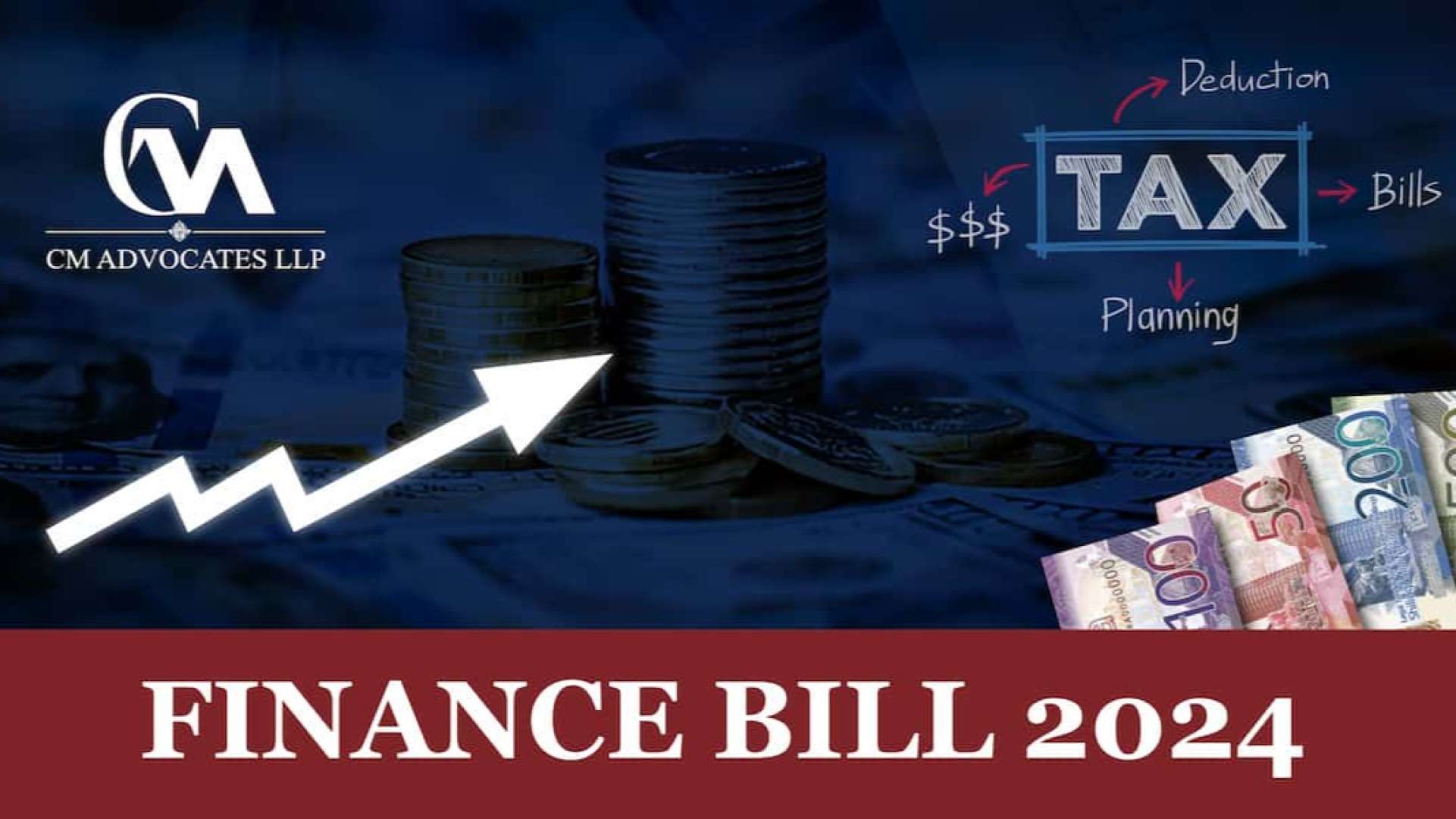More than two-thirds of Kenyans are expressing their opposition to the Finance Bill 2024, which outlines the government’s tax plan for the upcoming fiscal year starting in July 2024. According to a survey conducted by the research firm Infotrak, a significant majority of Kenyans maintain a pessimistic outlook regarding the bill’s impact on the economy. Only 13 out of every hundred respondents express optimism about its potential benefits.
The prevailing sentiment among those surveyed suggests a belief that the country is veering off course, with primary concerns centered around the exorbitant cost of living, burdensome taxation, and the persisting issue of unemployment. Meanwhile, the National Assembly Finance Committee continues to solicit public input on the Finance Bill 2024.
According to the Infotrak report, a staggering 77% of Kenyans believe that the Finance Bill 2024 will have no impact on the current state of the economy. Conversely, only 13% express optimism regarding its potential benefits.
Infotrak Research Manager Johvine Wanyingo highlighted the significance of these findings, stating, “Nearly 8 out of 10 say that whether it is passed zero impact so that should ring an alarm bell to our financial infrastructure that in as much as we pass these bills and there are acrimonies in passing them the Wanjiku do not feel that they really have a lot of impacts.”
Out of the 1,700 Kenyans surveyed between May 23rd and May 29th, 2024, approximately 54% displayed general awareness of the Finance Bill 2024 but harbored reservations about some of its key proposals.
Among the contentious issues were the proposals to impose a 16% VAT on basic commodities like bread, which 87% of respondents rejected, as well as VAT on financial transactions, which was similarly rejected by 87% of Kenyans. Additionally, 81% opposed the motor vehicle tax, while 83% were against the proposal to disclose personal data by data controllers and processors for taxation purposes.
Wanyingo emphasized the strong opposition to these measures, stating, “Of those who consume bread, 87% reject the VAT on bread and on financial transactions only 4% support it, rejected by 86%.”
The survey also revealed that a majority of Kenyans (63%) believe the country is headed in the wrong direction, showing no significant improvement from previous surveys. This sentiment was consistent across regions, with Northeastern being the exception, scoring slightly lower at 47%.
Concerns about the high cost of living topped the list at 49%, followed by unemployment at 30%, infrastructure at 22%, cost of doing business and access to healthcare services at 19%, and corruption and insecurity remaining key challenges that the public urgently wants addressed.
Wanyingo attributed the high cost of living to taxation, stating, “High cost of living is tied to taxation because when you have high taxes imposed by the government on the various services and products then people struggle to make ends meet.”

